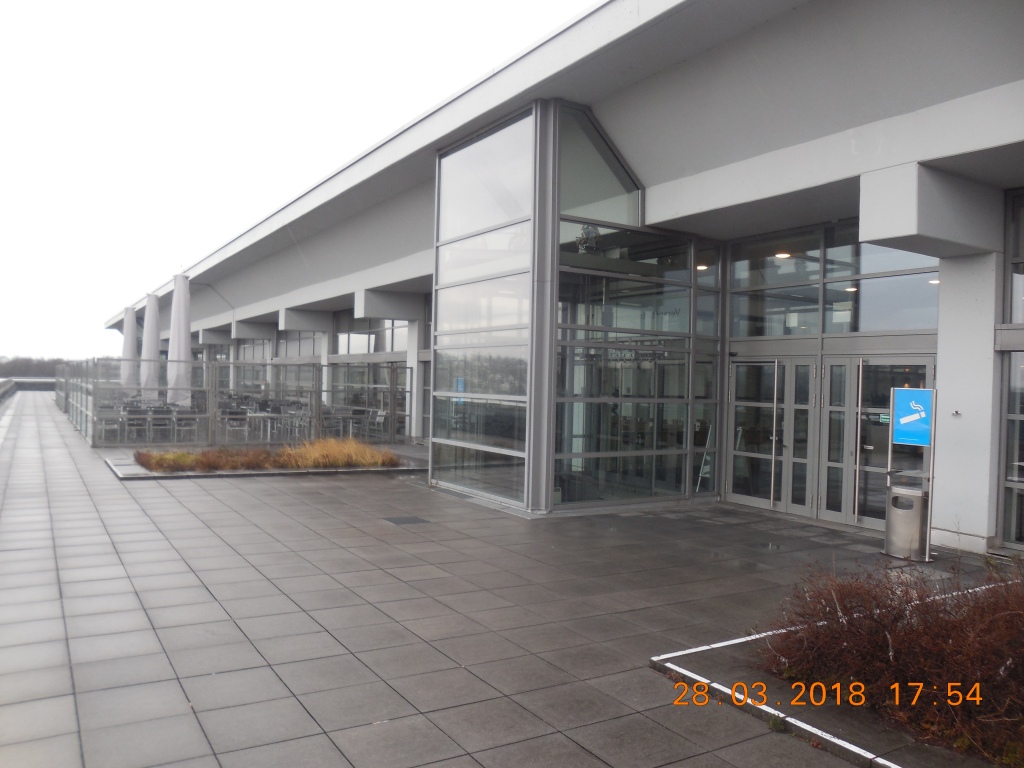The education secretary’s proposal to ban mobile phones from classrooms seems to have generated predictable controversy over the past week. Some schools already have such a ban in place and support his proposal; others take a broader view, suggesting that school students should be allowed to bring them into school and be taught how to use them. It’s a fair point; an ability to use a smartphone and all the “apps” that go with it will be as critical to survival in the 21st century as the ability to use a quill pen was in the 17th.

Let me give you one example of an instance in which 21st century digital technology, had it been available at the time, would have been absolutely crucial in holding an educational establishment to account for some elementary mismanagement which was having a potentially serious effect on the health of its students. In 1979, I was a 19-year-old student of modern languages undertaking a three-week vacation course at the University of the Ruhr, Bochum, Germany. For many reasons, it was not a happy experience. My principal memory is that of a total absence of basic hygiene in the canteen. For some reason, the doors were designed to be opened from the inside only. In order to allow students to enter, they had to be kept open during mealtimes. This allowed for the entry not only of students, but also of flies. You could guarantee to find at least one fly not just in your soup, but also in your bratwurst. How the entire class didn’t go down with food poisoning I don’t know.
Fortunately, the opportunity to complain about the situation arose once I returned to the UK. The course director wrote to all students asking them to give feedback on what they had and hadn’t liked. Needless to say, I unloaded with both barrels on the “fly circus” that greeted the class every mealtime, sensibly ignoring woefully irresponsible advice “not to make trouble.” 21st century cancel culture was actually alive and well in the 1970s! Even as a 19-year-old I was of the same mindset as Rudolph Giuliani, mayor of New York at the time of the 9/11 bombings and the best mayor that a major world city has ever had. In his book LEADERSHIP, he says, ”The best advice for a CEO is to disclose bad news sooner or later. Whenever a convoluted explanation is offered in favour of not disclosing, overrule the advice and disclose.”
In many ways, I was doing, via Air Mail letter, state of the art in 1979, what students do on Google Streetview today, reviewing their universities and colleges, and why not? Students are to a university what customers are to a shop, aren’t they? Well back in the 1970s, sometimes I wondered! But had social media and smartphones been available to me in 1979, I would have had no hesitation in photographing the fly swarms and posting them on Facebook, Twitter and LinkedIn and giving the University of the Ruhr a 1-star rating on Google Streetview. It was too serious a failing to keep hushed up.

Let me say at this point that I am absolutely not advocating that school students use smartphones to “inform” on their teachers; nothing could be more destructive. But once they have completed their years of compulsory education, anything beyond that is voluntary and market-driven. Students should be able to make informed choices about non-compulsory education, and there is no denying that 21st century digital technology is marvellous for enabling such choices.
The reviews of the present-day University of the Ruhr on Google Streetview[1] are generally positive, with five stars being the most frequently encountered. However, some of the comments lead me to believe that little has changed in four decades. According to one review, professors and lecturers are rarely approachable and there is a “lack of etiquette and politeness.” This evokes memories of the loud-mouthed, short-tempered Frau Lingemann, the deputy leader of my course.
Would I opt for the University of the Ruhr today, faced with a more digitally informed choice than would have been possible in 1979? Of that I’m not sure. But I revisited the place in 2018 and found that, as far as I could make out, the canteen doors were still not openable from the outside. One complaint on Google Streetview mentions the fact that some doors are not capable of being opened automatically, which creates difficulties for disabled students. Can they not get the basics right after all these years?
Perhaps a more compromising approach is needed by central government, with use of digital technology, including smartphones, being prescribed as part of the national curriculum, but with individual schools left to decide whether to implement bans on personal mobile electronic devices. After all, could a school not purchase its own smartphones for use in lessons? One thing is certain; if organisations providing services to the general public are to be held accountable for their actions, surely a desirable aim, today’s teenagers must be taught how to do it digitally, in a responsible manner.
Let’s not forget that expectations are rising all the time, fuelled by unstoppable advances in technology. Not everyone welcomes this development, but surely one beneficial effect is that “Silent Generation” mentalities, which were a licence for incompetence, malpractice and blatant abuse in the past, are being increasingly consigned to the museum where they rightly belong. Should we not all be grateful for this?
One thought on “WHY DIGITAL TECHNOLOGY IS VITAL TO THE ACHIEVEMENT OF PUBLIC ACCOUNTABILITY”